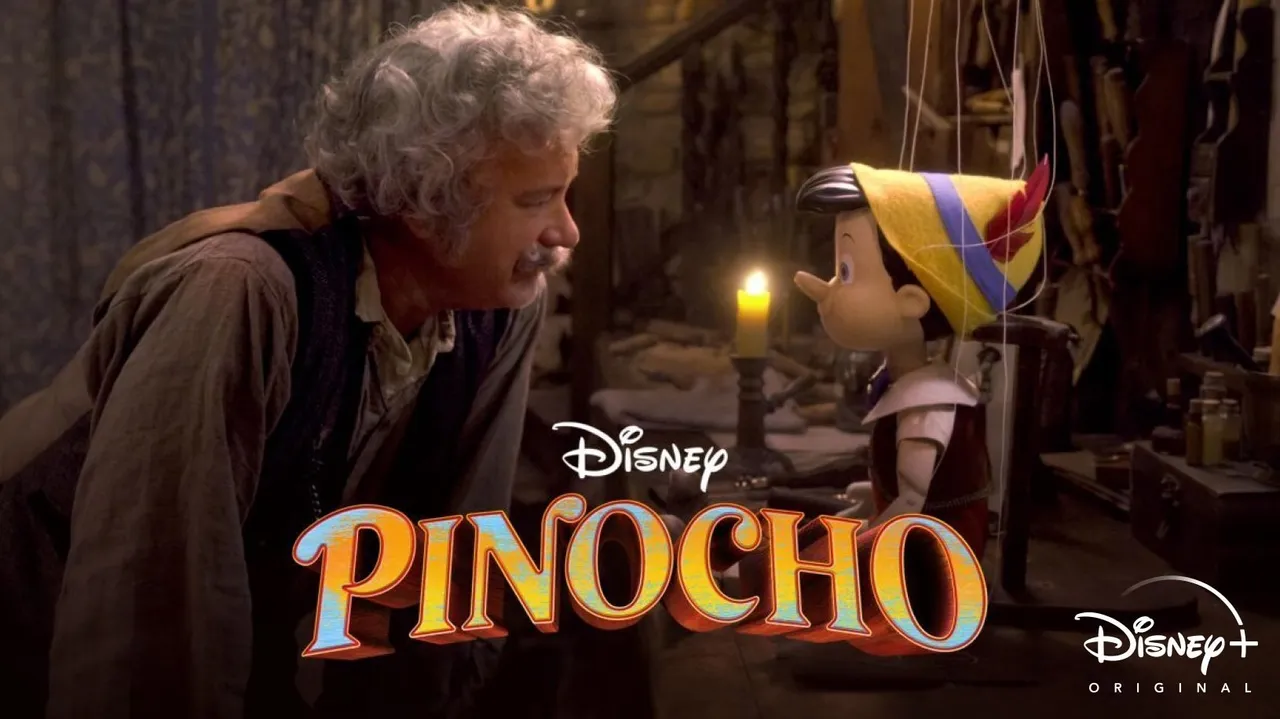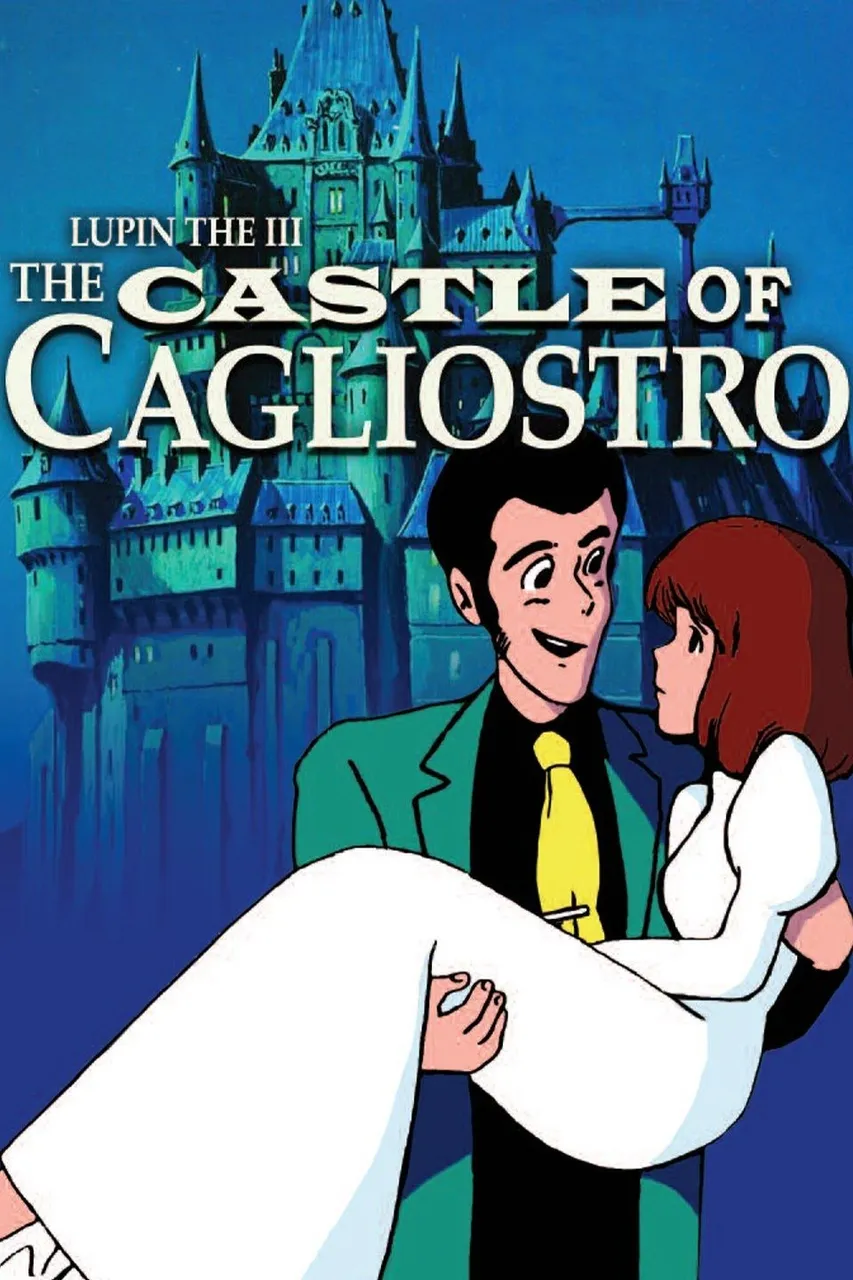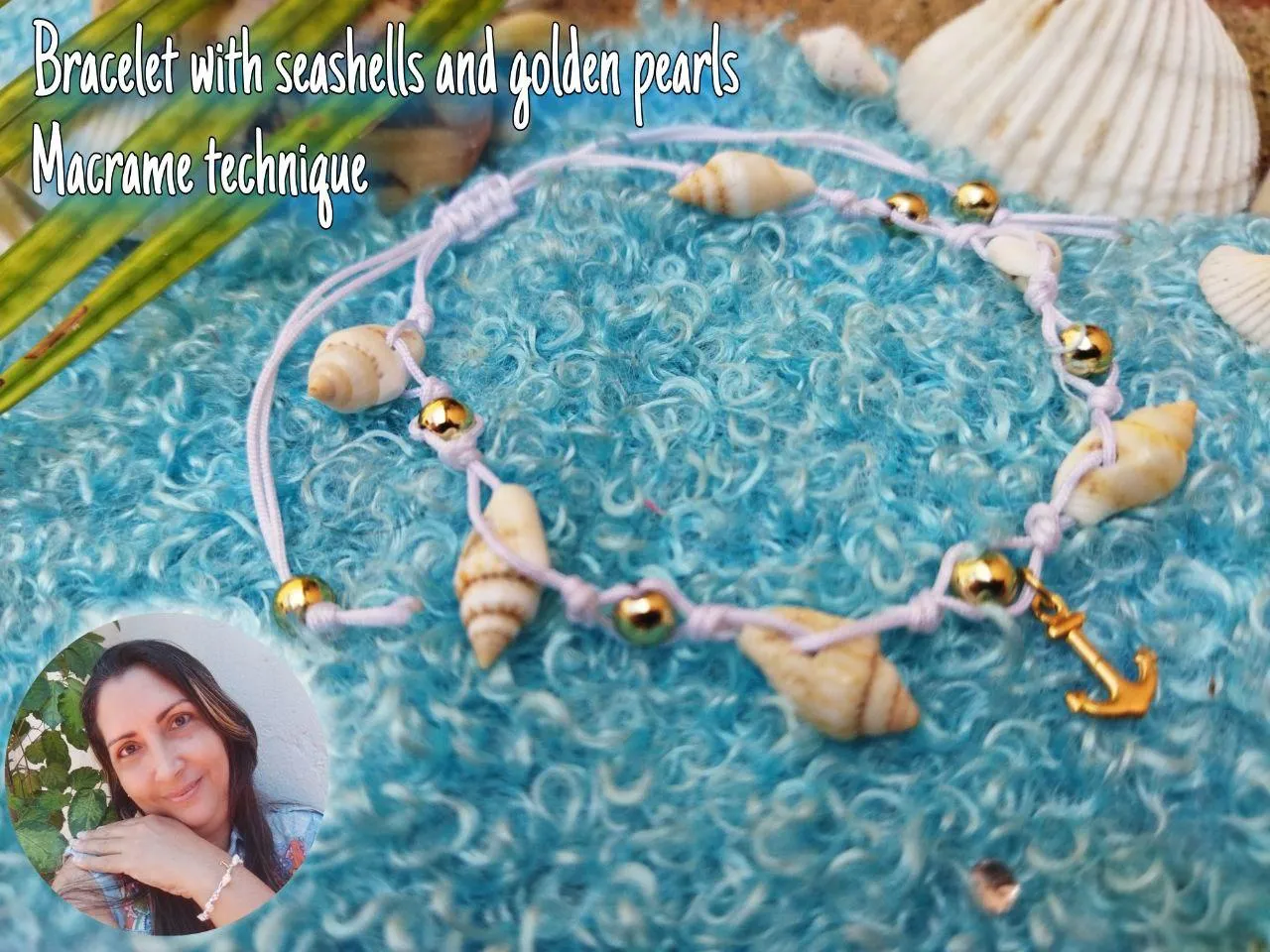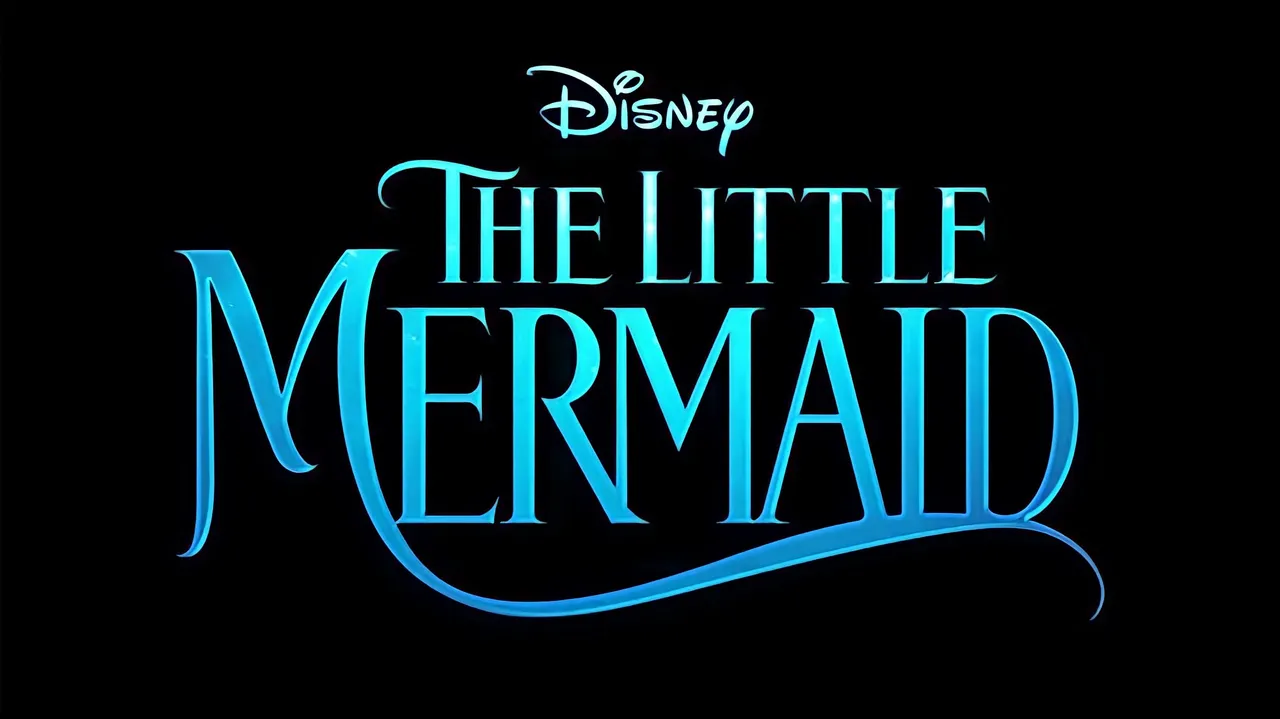
ENG
The issue of inclusion and diversity in major audiovisual entertainment productions is increasingly talked about. This topic is not only relevant, but also highly controversial. In the digital age, everyone can share their opinions with the world, and the vast majority cannot resist the urge to do so.
From my perspective, there is no reason for so much debate. The companies that create all these productions are trying to sell a product that can be consumed or not. That decision is up to the individual.
The debate should take place after people have seen the product, but for there to be so much controversy before the release of a film or TV series, does not speak very well about how we deal with these issues. What is obvious is that the criticism is about aspects that do not really represent the work that has been done. There can’t be a critic with more basis.
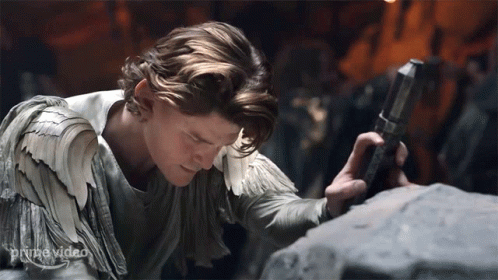
There are many works that fall into this category, but the ones that are most often criticized are those works that come to adapt a story that has already been told, but with very specific changes in the way it is told. This is the case of Disney films, which have recently been in the eye of the storm.
But the reasons why recent Disney-produced films have been so controversial, while seemingly consistent, are quite diverse. The biggest is about the remakes of classics that were hugely successful at the time. This results in plenty of people talking about them from the moment they are announced, so it is quite clear that there is a very strong economic interest in making them.
Leaving aside productions that have labels like Marvel or Star Wars, Disney has been doing over and over again the same thing they already did a long time ago. But this time there are some noticeable differences. One of those is that the stories are now presented in a live action format, in contrast to their original animated versions.

Lately the focus of discussion has been on one of these works that was recently officially announced, the adaptation of the story of the Little Mermaid. But there is an important point to be made here: this story was not even created by Disney. Like many others, The Little Mermaid is nothing more than the adaptation of a tale much older than the seventh art itself.
The central criticism is focused on the most banal aspect you might think of. The main actress who plays Ariel on this occasion is a black girl.
There have already been opinions of all kinds justifying both the harshest rejection claiming that they have ruined the character, and an acceptance of the cast claiming that it is necessary to show this version of the little mermaid. From my point of view, there is not much reason in either opinion, but I'll be a little neutral to reconcile both extremes by giving them their valid points.
I consider this remake of the film, like many of the remakes that came before it, to be quite unnecessary. This in the sense that the complete work already existed and from what has been shown this time they have simply changed the format. It doesn’t really have anything new in it. Although it’s too early to say for sure.
In a strictly commercial sense, it is not a good idea to remake a classic, losing elements that the audience that saw the film at the time, surely expects. You can say that this film is intended for a children’s audience, but looking only at what is shown, I think it’s very difficult to say that it feels like one.
Overall it is the parents who take their children to the cinema to see these films. And the vast majority of them have already seen the original film and got very used to the red-headed version of Ariel. They will also sit in the cinemas. So in the end they are always included in the target audience.
What is absurd is not wanting to give some different formulas a chance. That keeps this movies updated. But thats not relevant. Disney’s intentions are not to change what they have already done, but there is a political agenda that motivates them to apply a racial change to various characters in their productions.
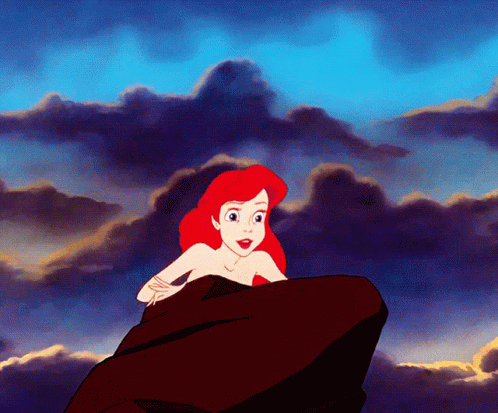
Let’s take the case of the Lion King movie. One that I certainly don’t like because it is somewhat interesting, but I feel that it just doesn’t have the impact of the original. And this has a very simple reason: the animation allowed the characters of the story to have great expressiveness, something that this real-like film couldn’t do.
I fear chat this film will suffer from the same thing, and if they have nothing else to offer, it will seem easy to blame a sector that rejected the film for simple racism. We have to accept that this vice exists among many of the critics, but that doesn’t mean there aren’t reasons to not have low expectations.
For me, it’s a much bigger problem than the change in the physical traits of the characters. Because I have to accept that at least the lead actress seems to do very well. She even excels at something as important to the character as singing.
At the other extreme, I have to concede that point. And it should also be made clear that the criticisms have come to directly affect the physical appearance of the actress. In this regard, I must say something particular: the facial features of this actress easily remind me of the appearance of a fish. I’m not going to argue whether this is attractive or not because it’s beside the point. But personally, I think she is quite pretty.
Perhaps it seems significant that black people have more prominence in film. Something that happened, by the way, in the CGI film The Lion King but was not shown on screen. In that case, it made sense for a film set in Africa to have people of African descent as protagonists.
But this merely functioned as part of that agenda of inclusion without any noticeable effect. This time around, I think it would be very positive that many girls who will go to see the film will identify with it because the little mermaid looks like them.
The problem for me is that there is no effort. Disney has the resources to do much more innovative things, as happened with the film Soul, but they insist on repeating the mistake of simply changing the skin colour of a character that had already become iconic with her physical characteristics.
If they really wanted this process of inclusion to pass without much controversy, then they would simply make films like Soul, they would make dark-skinned princesses like Tiana, and the next princes would be of African origin. But they’re not making the process easy, and I’m beginning to think they want to profit from the controversy.
It’s too early to give a good opinion on this, but what they’ve shown so far at least looks interesting to me. And all this fuss can remain anecdotal.

ES
Cada vez se habla más del tema de la inclusión y la diversidad en las grandes producciones de entretenimiento audiovisual. Este tema no sólo es relevante, sino también muy polémico. En la era digital, todos pueden compartir sus opiniones con el mundo, y la gran mayoría no puede resistir el impulso de hacerlo.
Desde mi punto de vista, no hay una buena razón para tanto debate. Las empresas que crean todas estas producciones lo hacen para vender un producto que puede ser consumido o no. Esa decisión depende de cada uno.
Mejor que el debate venga después de que la gente haya visto el producto. Que haya tanta polémica antes del estreno de una película o serie de televisión, no habla muy bien de cómo lidiamos con estos temas. Lo que es evidente es que se critican aspectos que no representan realmente el trabajo que se ha hecho. No puede haber mejores criticas.

Hay muchas obras que terminan en esta situación, pero las que más se critican son aquellas que vienen a adaptar una historia ya contada, pero con cambios muy puntuales en la forma de contarla. Es el caso de muchas las películas de Disney, que últimamente están en el ojo del huracán.
Pero las razones por las que las últimas películas producidas por Disney han sido tan controversiales, aunque aparentemente son constantes, son muy diversas. La mayoría viene cuando se trata de remakes de clásicos que tuvieron un gran éxito en su momento. Esto hace que se hable mucho de ellos desde el momento en que se anuncian, por lo que está bastante claro que hay un interés económico muy fuerte a la hora de realizarlos.
Dejando a un lado las producciones que tienen etiquetas como Marvel o Star Wars, Disney viene haciendo una y otra vez lo mismo que había hecho hace mucho tiempo, pero esta vez hay algunas diferencias notables. Una de ellas es que las historias se presentan ahora en formato de acción real, en contraste con sus versiones animadas originales.

Últimamente el foco de la discusión se ha centrado en una de estas obras que acaba de ser anunciada oficialmente, la adaptación de la historia de la Sirenita. Pero aquí hay que hacer una puntualización importante: esta historia ni siquiera fue creada por Disney. Como muchas otras, La Sirenita no es más que la adaptación de un cuento mucho más antiguo que el propio séptimo arte.
La crítica central trata sobre el aspecto más banal que se pueda pensar. Es que actriz principal que interpreta a Ariel, en esta ocasión, es una chica negra.
Ya ha habido opiniones de todo tipo que justifican tanto el rechazo más duro, alegando que han arruinado al personaje; como una aceptación del reparto, alegando que es necesario mostrar esta versión de la sirenita. Desde mi punto de vista, no hay mucha razón en ninguna de las dos opiniones, pero voy a ser un poco neutral para conciliar ambos extremos dándoles sus puntos válidos.
Considero que este remake de la película, como muchos de los remakes que le precedieron, es bastante innecesario. Esto en el sentido de que la obra completa ya existía. Por lo que se ha mostrado esta vez simplemente han cambiado el formato. Realmente no tiene nada nuevo. Aunque es demasiado pronto para asegurarlo.
En un sentido estrictamente comercial, no es buena idea rehacer un clásico, perdiendo elementos que el público que vio la película en su momento, seguramente espera. Se puede decir que esta película está destinada a un público infantil, pero viendo apenas lo que se muestra, creo que es muy difícil decir que se siente como tal.
En general son los padres los que llevan a sus hijos al cine a ver estas películas. Y la gran mayoría de ellos ya han visto la original y se han acostumbrado a la versión pelirroja de Ariel. Ellos también se sientan en los cines. Así que al final siempre están incluidos en el público objetivo.
Lo que es absurdo es no querer dar una oportunidad a algunas fórmulas diferentes. Eso mantiene a las obras frescas. Pero creo que eso no es relevante. Las intenciones de Disney no son cambiar lo que ya han hecho, pero hay una agenda política que les motiva a aplicar un cambio racial a varios personajes de sus producciones.

Tomemos el caso de la película del Rey León. Una que ciertamente no me gusta porque es algo interesante, pero siento que simplemente no tiene el impacto de la original. Y esto tiene una razón muy sencilla: la animación permitía que los personajes de la historia tuvieran una gran expresividad, algo que esta película, intentando ser realista, no podía hacer.
Me temo que esta nueva película sufrirá de lo mismo, y si no tienen nada más que ofrecer, parecerá fácil culpar a un sector que la rechazó por simple racismo. Hay que aceptar que este vicio existe entre muchos de los críticos, pero eso no significa que no haya razones para tener bajas expectativas.
Para mí, ese es un problema mucho mayor que el cambio en los rasgos físicos de los personajes. Porque tengo que aceptar que al menos la actriz principal parece hacerlo muy bien. Incluso destaca en algo tan importante para el personaje como es el canto.
En el otro extremo, tengo que conceder ese punto. Y también hay que dejar claro que las críticas han llegado a afectar directamente al aspecto físico de la actriz. A este respecto, debo decir algo particular: los rasgos faciales de esta actriz me recuerdan fácilmente a la apariencia de un pez. No voy a discutir si esto es atractivo o no porque no viene al caso. Pero, personalmente, creo que es bastante bonita.
Quizás me parece significativo que los negros tengan más protagonismo en el cine. Algo que ocurrió, por cierto, en la película de CGI El Rey León pero que no se mostró en pantalla. En ese caso, tenía sentido que una película ambientada en África tuviera como protagonistas a afrodescendientes.
Pero esto simplemente funcionó como parte de esa agenda de inclusión sin ningún efecto notable. En esta ocasión, creo que sería muy positivo que muchas niñas que vayan a ver la película se identifiquen con ella porque la sirenita se parece a ellas.
El problema para mí es que no hay esfuerzo. Disney tiene recursos para hacer cosas mucho más innovadoras, como ocurrió con la película Soul, pero se empeñan en repetir el error de simplemente cambiar el color de la piel de un personaje que ya se había convertido en un icono con sus características físicas.
Si realmente quisieran que este proceso de inclusión pasara sin mucha polémica, entonces simplemente harían películas con las características de Soul, harían princesas de piel oscura como Tiana, y los próximos príncipes serían de origen africano. Pero no están facilitando el proceso, y empiezo a pensar que quieren sacar provecho de la polémica.
Es demasiado pronto para dar una buena opinión sobre esto, pero lo que han mostrado hasta ahora al menos me parece interesante. Todo este alboroto puede quedarse en lo anecdótico.



